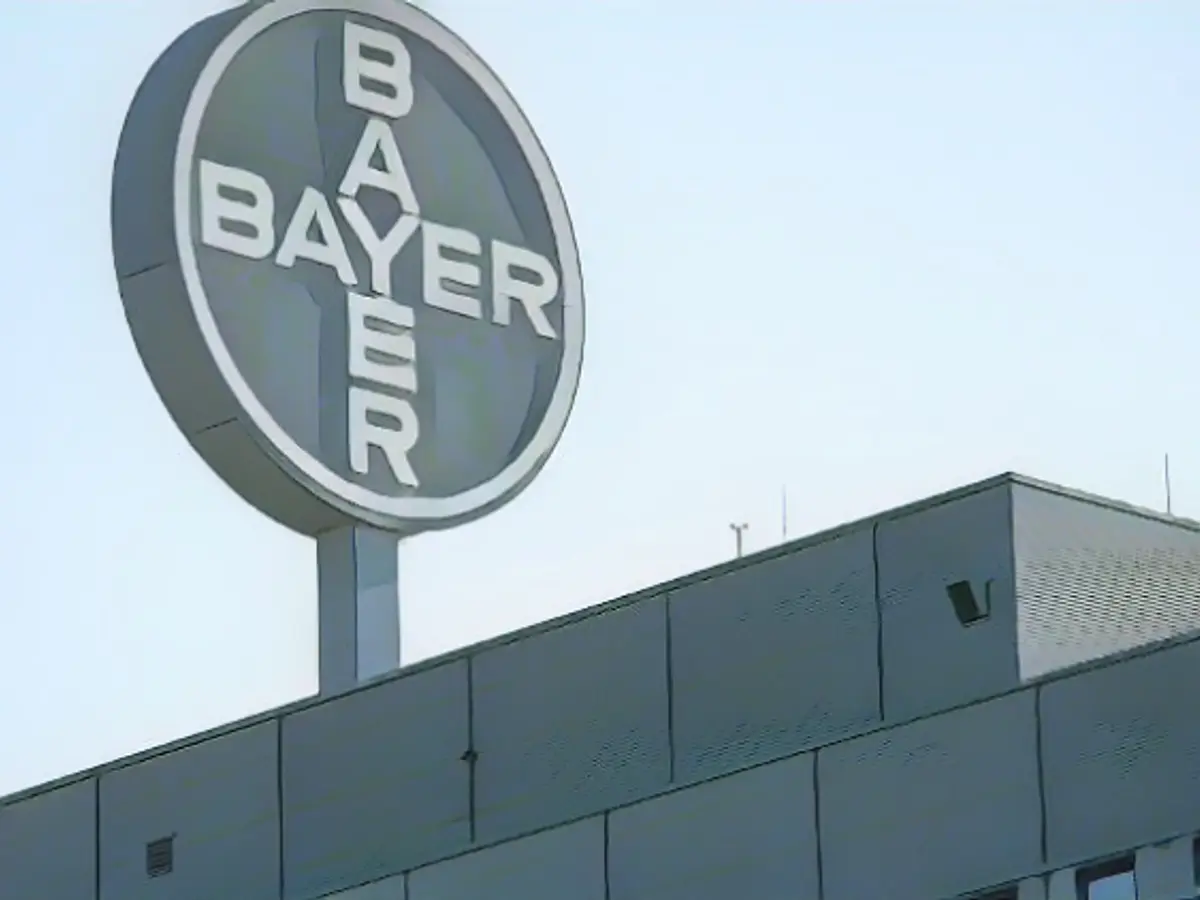Bayer's Tenuous Battle with Glyphosate Litigation Persists
Once again, pharmaceutical giant Bayer has been hit with a major setback in glyphosate-related litigation in the United States. A jury in Philadelphia awarded a woman $3.5 million after her non-Hodgkin's lymphoma was linked to Bayer's Roundup weedkiller containing glyphosate.
This verdict could escalate investor pressure on Bayer to speedily negotiate a settlement to mitigate the damages from thousands of similar lawsuits to prevent costly court judgments.
Bayer's recent slip in the courtroom comes hot on the heels of several defeats. Following this decision, Bayer has lost four lawsuits in quick succession, including a payment of an astounding $1.56 billion in their most recent setback. Despite Bayer's proclamation of an impending appeal, the company's fortunes have seen a dramatic reversal after a string of previous victories, winning nine lawsuits consecutively.
During the Philadelphia trial, as in most Roundup cases, Pennsylvania resident Kelly Martel alleged that her condition is a direct result of Roundup exposure. With 52,000 of the approximately 165,000 lawsuits yet to be resolved, Bayer's legal landscape remains a hurdle-laden one.
Bayer acquired the glyphosate developer Monsanto during its takeover, inheriting its hefty lawsuit caseload. Even as the pharmaceutical and agricultural company has persistently refuted the allegations against Roundup, international regulatory bodies have classified glyphosate as non-carcinogenic. However, the World Health Organization's cancer research agency, IARC, categorized glyphosate as "probably carcinogenic" in 2015.
Additional Insights:
- The current status of Bayer's ongoing glyphosate litigation is complex. Despite significant victories, the company has suffered substantial losses. The company faces over 170,000 Roundup claims, with more than 100,000 already settled for approximately $11 billion. At least 4,400 claims are pending in federal court, while 75,000 remain unresolved in state courts.
Bayer is grappling with its future in the Roundup landscape, after an onslaught of substantial jury verdicts and the introduction of substantial punitive damages. These verdicts, totaling over $6 billion, have heavily impacted the company's bottom line. With lingering public perception and scientific evidence linking glyphosate to non-Hodgkin lymphoma, the litigation is set to continue for the foreseeable future.
While Bayer has pushed back against the claims and appealed several verdicts, the company has contested state law claims by appealing to federal regulations on pesticide labeling. This legal strategy could potentially limit their liability should it hold up in court.
Legislative efforts are also underway to shield Bayer from Roundup-related claims. For instance, Missouri and Iowa lawmakers are considering bills that would nullify these failure to warn claims, which could present a less-expensive route out of the ordeal for Bayer.
With the looming future of these lawsuits, Bayer has elected to reformulate the consumer version of Roundup to exclude glyphosate, hoping it will dampen the fire of ongoing controversy. The company's position remains defiant, insisting on its product's safety and denying any wrongdoing.
As Bayer treads this legal minefield, the gravity of their struggle is undeniable. Legal costs, mounting verdicts, and strained public perception threaten the company's foothold. Whether Bayer chooses to settle or push on in the hopes of a more favorable outcome remains to be seen.
Source:
Enrichment Data(Integrated into base article)
The glyphosate litigation's current state features a blend of successes and setbacks for Bayer. With over 170,000 Roundup claims, the company has settled approximately $11 billion worth of them, while 4,400 lawsuits remain pending in federal court and another 75,000 in state courts.
Amid multiple instances of substantial jury verdicts and punitive damages, totaling over $6 billion, Bayer has faced widespread public perception linking glyphosate with non-Hodgkin lymphoma. To counter the situation, 20 states and territories have issued consumer alerts warning users to be cautious when handling Roundup.
In response to these allegations, Bayer has vehemently defended the safety of its product, claiming world regulatory bodies have classified it as non-carcinogenic. Furthermore, noting IARC's classification of glyphosate as "probably carcinogenic" in 2015, the company has levied challenges to state law claims by asserting federal pesticide regulations.
Facing mounting pressure, Bayer recently announced plans to reformulate the consumer version of Roundup to exclude glyphosate and opted for a controversial public relations campaign starring farmers and journalists to promote the same. The perceived failure to adequately warn the public of potential risks has triggered legislative efforts to protect the company from Roundup-related claims in Missouri and Iowa. Ultimately, the fate of the company in this heated legal battle remains unclear.








